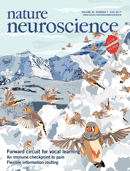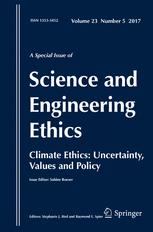 A journal retracted a paper about how conflicts of interest might be influencing research into the link between vaccines and autism because — wait for it — the authors failed to disclose conflicts of interest.
A journal retracted a paper about how conflicts of interest might be influencing research into the link between vaccines and autism because — wait for it — the authors failed to disclose conflicts of interest.
According to the retraction notice, the editors retracted the paper without the authors’ agreement, because the authors had a host of personal and professional interests in the field they didn’t declare, such as being associated with organizations involved in autism and vaccine safety. What’s more, the article also contained “a number of errors, and mistakes of various types that raise concerns about the validity of the conclusion.”
But now, Science and Engineering Ethics has published a new version of the article that draws similar conclusions to the retracted one, albeit with an updated conflict of interest statement, among other changes. From the abstract of the revised version: Continue reading Journal replaces anti-vaccine paper it retracted for missing conflicts, “number of errors”


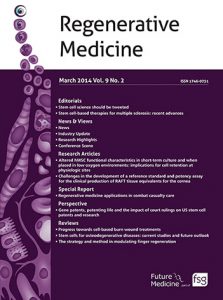
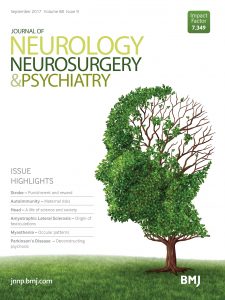
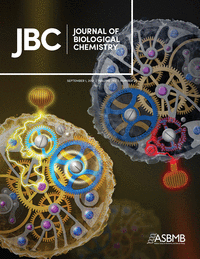
 A journal has retracted
A journal has retracted 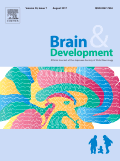 Publishing giant Elsevier has retracted an entire issue of one of its journals because the contents — abstracts from a conference about child neurology — were never supposed to make it online.
Publishing giant Elsevier has retracted an entire issue of one of its journals because the contents — abstracts from a conference about child neurology — were never supposed to make it online.